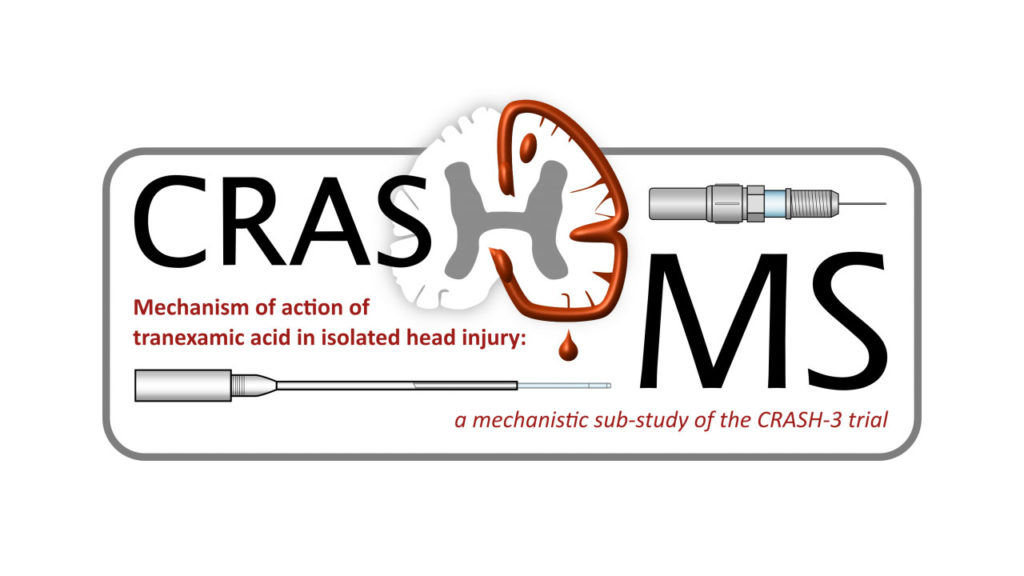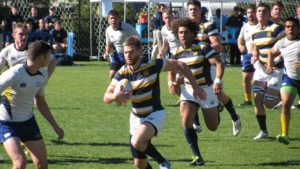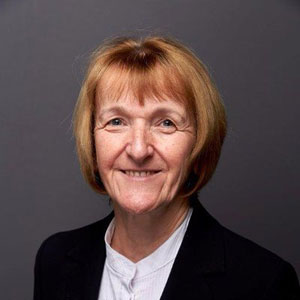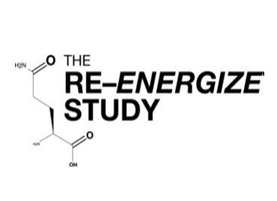
Trauma research team praised for international trial success


The SRMRC’s trauma research team has been commended for its care and efficiency in recruiting patients to a life-saving study.
Out of 142 sites worldwide undertaking the CRASH-3 trial the team, based at the Queen Elizabeth Hospital Birmingham, was one of only two sites to have recruited a patient within a key two hours of injury.
The CRASH-3 trial is being conducted to assess the effect of tranexamic acid (an affordable and heat-stable drug) on patients at risk of death or disability after suffering a traumatic brain injury (TBI).
Professor Tony Belli, Director of the SRMRC (pictured), said: “TBI can cause bleeding on the brain which, if left to continue, can create pressure that can lead to further damage that will result in death or permanent disability.
“The CRASH-3 trial follows an earlier trial which showed that tranexamic acid reduced death due to bleeding and had the most beneficial effect when administered as soon as possible after injury.
“Recruiting patients within three hours of injury isn’t an easy achievement so for our team to have recruited a patient within two hours is very quick and very impressive. The team’s achievement in collecting this important evidence will help determine if tranexamic acid is an effective treatment for patients with TBI.”
Worldwide, over 10 million people are killed or hospitalised because of traumatic brain injury each year.
Approximately 90% of deaths from TBI occur in low and middle-income countries. TBI predominantly affects young adults and many patients experience long-lasting or permanent disability.
Aisling McLaughlin, senior research sister for the SRMRC, said: “TBI is potentially life-altering and not just for the patient; it obviously affects their family and their friends too.
“The CRASH-3 trial results will be significant as an effective treatment for TBI could save thousands of lives and substantially reduce the financial and social burden of disability.
“I’m proud the SRMRC team is standing out at an international level in this trial. However, I must add that we couldn’t have achieved this success without the help and support of the fantastic Emergency Department team.”
At the time of going to press 6,591 patients have been recruited in the trial which is being conducted at 142 sites in 23 countries.




